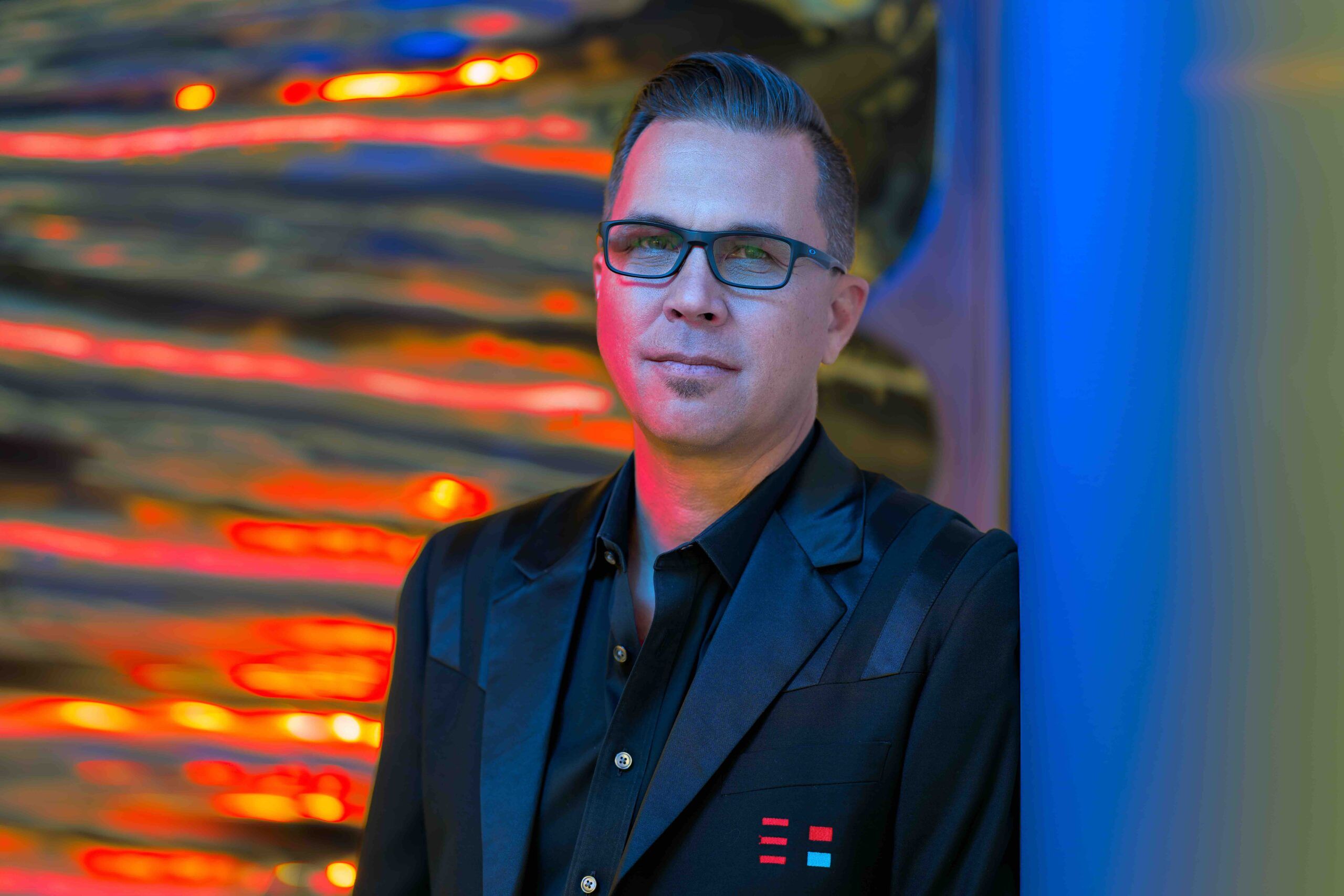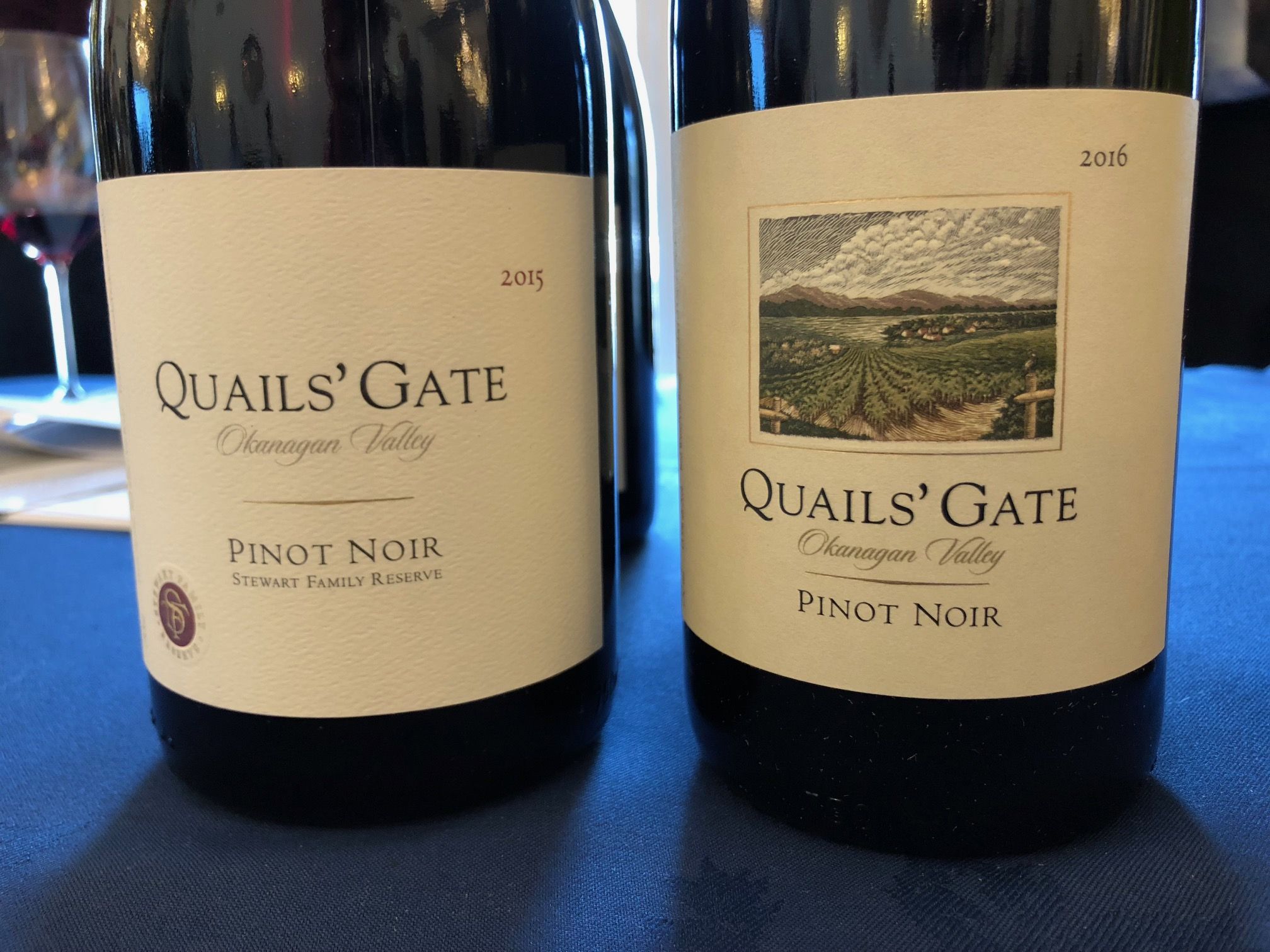Paul Mabray looks at the wine industry through the eyes of a technology expert looking to find digital solutions to take the wine sector forward. He will be appearing at Wine Future in Coimbra, Portugal between November November 7-9. Click here to find out more about the event.
What do you see as being the biggest challenges and threats the wine industry is facing?
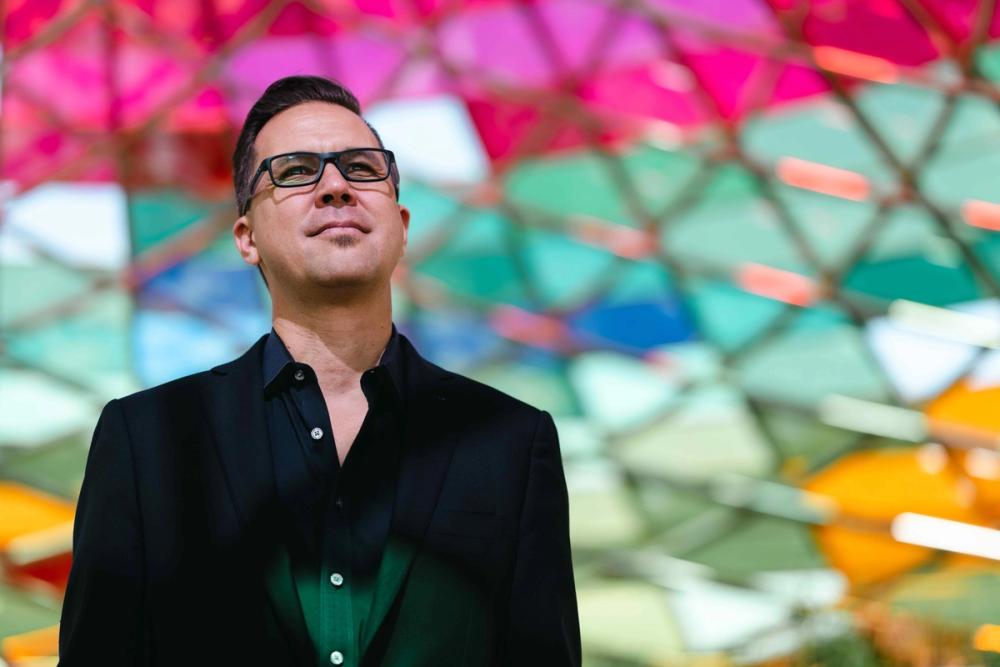
Paul Mabray always has a unique and insightful take on the world of wine
It’s genuinely fascinating. While many of my peers focus on the broader challenges facing our industry, what really capture my attention are the internal conflicts that hold us back from elevating our industry and the deep-seated inertia of our industry culture.
Let’s take, for instance, the ongoing debates surrounding terms like “natural wine,” “fine wine,” or “commercial wine.” We’re constantly at odds, using these subjective labels to claim superiority. However, the real battleground lies in overcoming regulatory hurdles, competing with other alcoholic beverages, adapting to evolving consumer behaviours, and contending with various external factors.
Moreover, our industry’s commitment to tradition, seasonal outputs, and aversion to risk often results in us trailing behind when it comes to adopting tools that could safeguard us from becoming obsolete, both in the digital realm and the physical market. This paradox becomes more confusing when we consider our collective hesitation to embrace technological advancements despite our personal use of these technologies and their widespread adoption among consumers.

Paul Mabray says the wine industry needs to be on top of how fast marketplaces like Provi (above) in the US are shaking up the traditional ways of buying and selling wine
As an illustration, how many wineries in the United States are familiar with and utilize platforms like Provi to enhance their distribution sales? Or how many wine companies direct consumers to third-party marketplaces, inadvertently aiding these platforms in building customer lists that eventually compete with the brands directly or hold them hostage for outrageous marketing fees (e.g., Drizly or Reserve Bar)? We have seen this play so many times before in so many other industries – marketplaces eat markets.
What do you see as the big outstanding opportunities, and how do you see the industry capitalising on them?
It’s no secret that I firmly believe both the digital and direct-to-consumer (DTC) approaches are essential for the future of our industry. It’s indisputable that we live in a digital age, where technology is the foundation for communicating, connecting, exploring, researching, and making purchases. Practically everyone in the industry now utilizes mobile devices, engages with social media, relies on search engines, and shops online. Yet, paradoxically, we underutilise these tools when promoting our brands, sharing our stories, and engaging with current and prospective customers.
As for DTC, I see it as a means for our industry to forge stronger connections with our customers. Most people only see DTC as a more profitable and stable channel, albeit hard to build. Since the explosion of e-commerce, the value of DTC has become evident to everyone, including major companies like Nike, PepsiCo, and Clorox, which are increasingly embracing this channel.
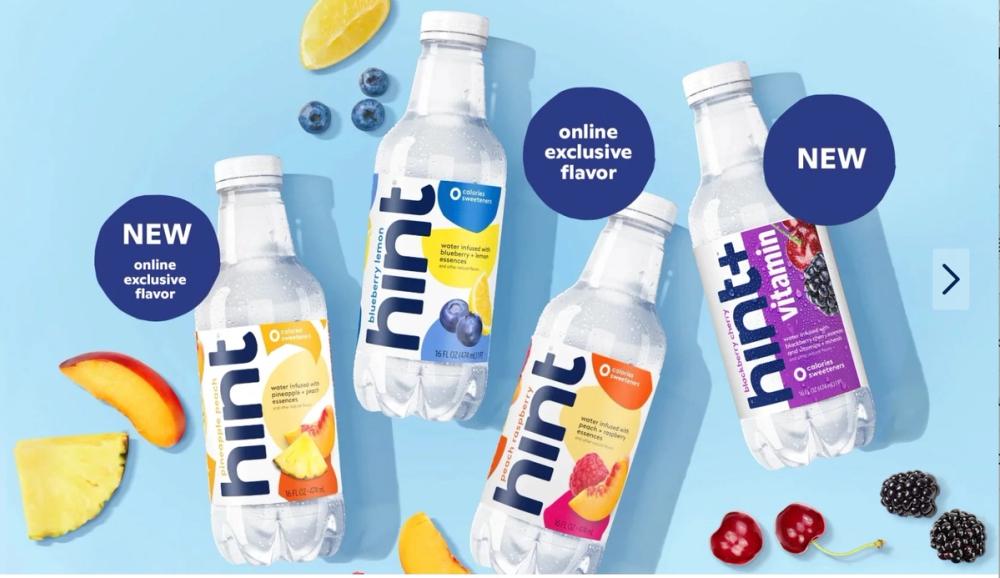
Wine brands and producers can learn a lot from what is happening in other grocery sectors – and how much brands like Hint Water are selling direct to consumer
I’ve often pointed out that any winery can do the same if Hint Water can sell 40% of its water directly to consumers. Beyond being a highly effective sales channel, it offers a crucial means for building genuine relationships with consumers and gathering data to understand their perceptions and sentiments about your brand. It’s essential to remember that every modern consumer is, at their core, a digital consumer, making it all the more vital to meet them where they are.
What do you think have been the biggest steps the wine industry has taken in the last 10 years?
Compared to the previous 10, it has been relatively quiet for significant changes versus the last 10 years. However, we’ve witnessed a continued wave of consolidation in the wholesale and retail sectors, alongside an explosion of new brands entering the market. This trend is especially pronounced on the expansive supermarket shelves, where a handful of wine companies exert considerable influence.
However, for the wine industry in the last decade, no single force has had a more significant impact than the Covid pandemic. It forced all of us to swiftly adapt and discover innovative methods of selling wine in a world that had essentially come to a standstill. In this context, digital tools played an essential role, allowing us to scale past our tasting rooms and market and sell to consumers in ways that were considerably more efficient than the methods employed by previous generations.
Are you optimistic or pessimistic about the future of the wine industry in the next 10 years – and why?
I hold a cautious yet optimistic view of the wine industry’s future. While we undoubtedly face many challenges, there’s a palpable determination within the wine business community to innovate and remain relevant. Perhaps the most significant transformation from the pandemic was a newfound business muscle to adapt and evolve our businesses. By leaning into adaptability, we’ll more easily overcome obstacles like increased competition, the impacts of climate change, distribution bottlenecks, rising prices, shifting consumer preferences, and the challenges posed by neo-prohibitionist movements, among others.
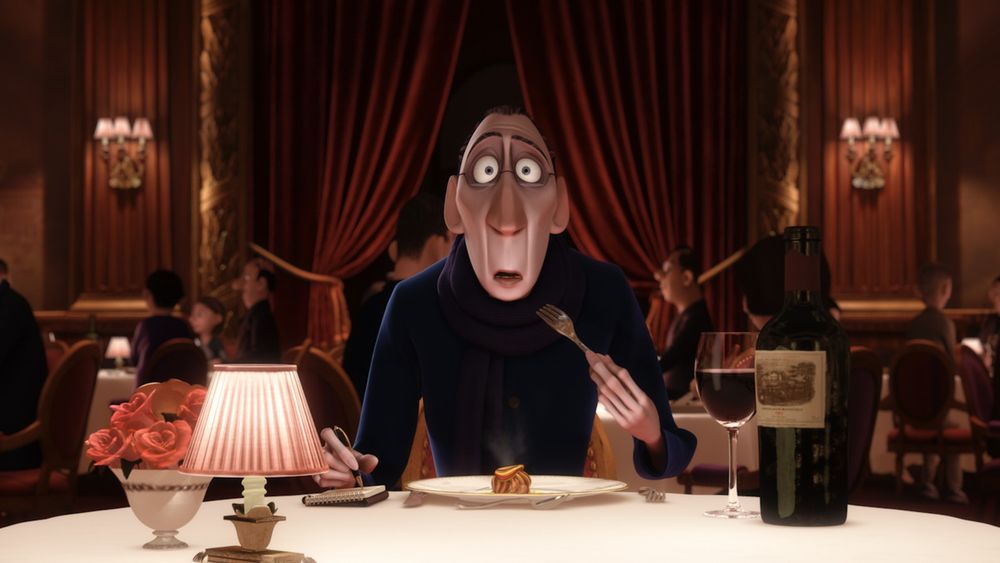
Paul Mabray believes there are those in the wine industry that like Anton Ego in the film Ratatouille do the sector a disservice by continually criticising those parts of the sector they don’t personally like
However, my caution stems from our collective struggle to perceive the industry as a cohesive whole, with each component contributing to the overall picture. This is particularly evident in a subset of individuals who quickly dismiss any wine or winery that doesn’t align with their personal taste or production beliefs. Their behaviour reminds me of Anton Ego from Ratatouille, as they relentlessly criticize and disparage the wine industry in an industry that doesn’t match their beliefs without realising the harm they cause to the entire wine community. Anyone who says “commercial wine” should wash their mouth with soap. Wine is nothing but a hobby if it’s not commercial.
Can I ask why you want to be involved in Wine Future?
For those who may not be familiar with me, the name itself, “Wine Future,” encapsulates the fundamental pillars of my connection to the wine industry. I’ve always had a deep-rooted interest in the future of wine, particularly in how it converges with emerging technologies. However, if you’re curious about why I place such a strong emphasis on the future, it’s because the world of wine has been grappling with what could be described as an existential crisis, which has started manifesting in our sales figures. Wine, one of humanity’s oldest and most captivating beverages, must actively embrace the future to navigate the challenges ahead and avoid obsolescence.
Many are acutely aware of the hurdles looming on the horizon: climate change, shifting consumer preferences, rising costs, heightened competition, internal industry disputes, and more. Nevertheless, in my perspective, I see a promising future for the wine industry. All we need to do is take that step forward…
What do you hope the event can achieve for the wider wine industry?
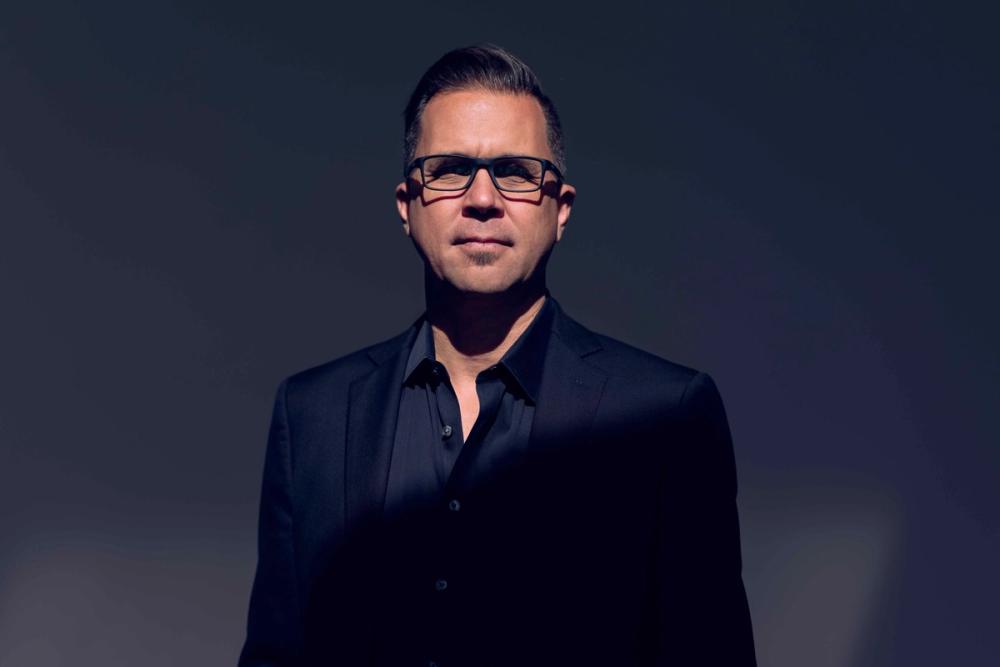
Paul Mabray is committed to helping wine companies find ever more effective digital solutions to hep their businesses grow
Since its inception, I’ve had the privilege of participating in the digital transformation within the wine industry. There was a notable leap in our field, particularly after the onset of the Covid-19 pandemic, where the adoption of digital technologies gained momentum.
During this Black Swan event, we explored how to effectively utilize modern tools to communicate, engage, and sell to consumers. However, we still have a significant journey to bridge the digital gap between our industry and how modern consumers interact with brands.
In my view, this isn’t just a luxury but a necessity. I firmly believe that it’s imperative rather than merely desirable. It’s how contemporary society connects with people, products, brands, and the world. Many of the speakers at Wine Future have echoed these sentiments, and I genuinely hope that our industry listens and takes the critical steps to harness the potential of these well-established tools.
What is the theme of your talk, and why have you chosen that topic?
I’m actually moderating the seer of seers, prognosticator of prognosticators, Rob McMillan. I hope to help him highlight the potential opportunities that await wineries in what might seem like a challenging market. I see both obstacles and opportunities when I gaze into the wine industry’s future crystal ball.
Wine stands out as the most communal, natural, and captivating of all adult beverages by a considerable margin. We possess inherent advantages, yet we often find ourselves deeply entrenched in our industry’s cultural inertia and constant intra-competitiveness. This sometimes leads us to overlook the modern tools that fuel modern society for marketing and communication.
While I agree with about 90% of Rob’s insights, it will be my job to challenge and reinforce some of his key recommendations, ensuring that diverse perspectives are considered and heard.
How and why did you first get into the wine industry?
I’ve been fortunate to work across various facets of the wine industry, which has provided me with a broad and diverse range of experiences. However, what truly ignited my passion for wine was the prospect of catalysing transformative change like the giants of the past that put California wine on the map. Surprisingly, the company and individuals to make that change have yet to materialise. In the world of wine, there hasn’t been a colossal internet success story exceeding $500 million in value (for various reasons). This, in turn, presents an immense opportunity to create something that can still transform the industry and pave the way for a brighter future for wine.
What do you most enjoy about working in the sector?
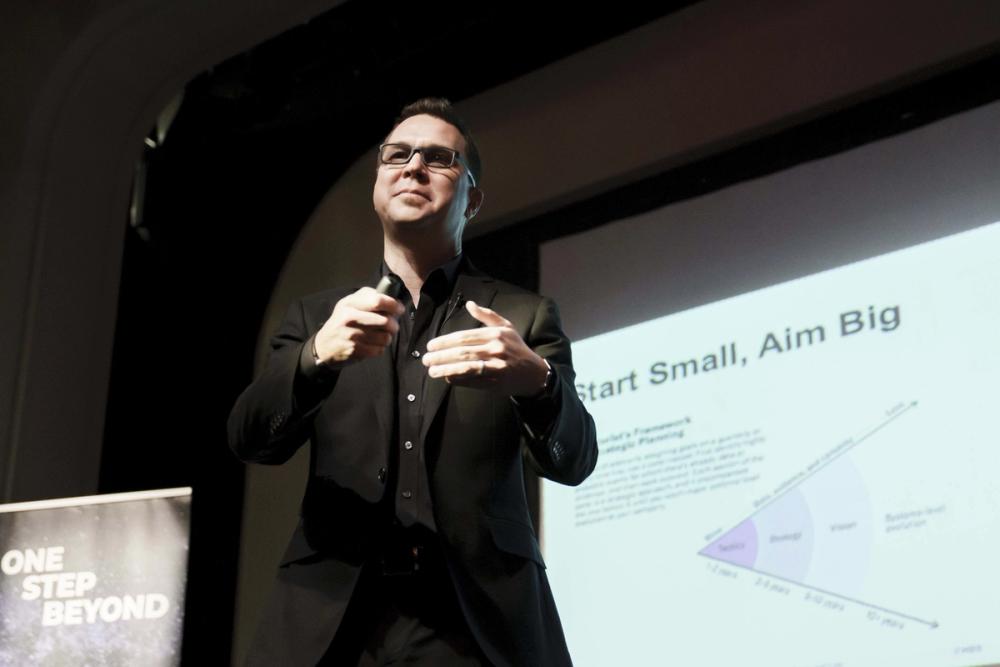
The key to digital is to take small steps, all the time, says Paul Mabray
Firstly, thanks to Robert Mondavi’s enduring legacy, the wine industry stands out as a rare sector where the spirit of sharing is deeply embedded in the DNA of nearly every wine company. It’s remarkable how, in this industry, you can reach out to your competitors for assistance, whether it’s troubleshooting a stuck fermentation, seeking advice on potential partnerships with brokers, importers, or wholesalers, evaluating the effectiveness of digital tools for your winery, or enhancing the success of your wine club operations. This culture of sharing is truly magical.
Secondly, our role is inherently simple yet profoundly meaningful: we are here to deliver joy. This joy comes in various forms—joy in a glass, the joy of togetherness, the joy of laughter, and the joy of elevating meals and experiences. The human condition is short and challenging enough, so our job to deliver joy is truly meaningful.
What do you find frustrating and would like to change about the wine industry?
Wow – that’s a tricky question to limit to one category. Here are my biggest pet peeves –
- I find that we never miss an opportunity to miss an opportunity regarding digital evolution.
- It’s frustrating how we perpetuate being a lifestyle business, which, ironically, is one of the biggest draws for the industry.
- Our hiring and training practices. We need to invest more in our people if we want better outcomes.
- Unfortunately, we choose vendors based on proximity instead of assessing their services’ objective value and benefits.
- Lastly, our insufficient investment in marketing hinders our growth efforts and gives a competitive edge to other products in attracting new customers.
Any individuals and businesses that you most admire for what they do and why?
I deeply admire so many wineries and wine companies, each part of the gestalt of wine, whether it the innovation and business practices from companies like Treasury, the artisanal craftsmanship of boutique producers like Massican or Matthiasson, or the storied traditions of legacy wineries such as Lopez de Heredia, their collective impact is what makes our industry unique.
Furthermore, I firmly believe that ignorance and intellectual dishonesty drive much criticism directed at larger wine enterprises. It’s worth recognising that many of the talents and practices that enrich boutique wineries often originate from what are commonly referred to as “commercial wineries”. In fact, some of the industry’s most accomplished employees and executives began their journeys at institutions like Gallo, Treasury, Constellation, and more…
However, I don’t think we call out enough individual stars. I’m sure I’ve missed a few, and this article only has so much space, but here are some people who make our industry brighter and some inspiration from outside of the industry –
- Amy Hoopes – A genuinely exceptional winery executive with a comprehensive understanding of the industry and a solid commitment to investing in people and the future.
- Robert Joseph – Renowned as one of the finest wine writers globally, Robert’s wealth of experience in the trials and tribulations of operating a brand sets him apart.
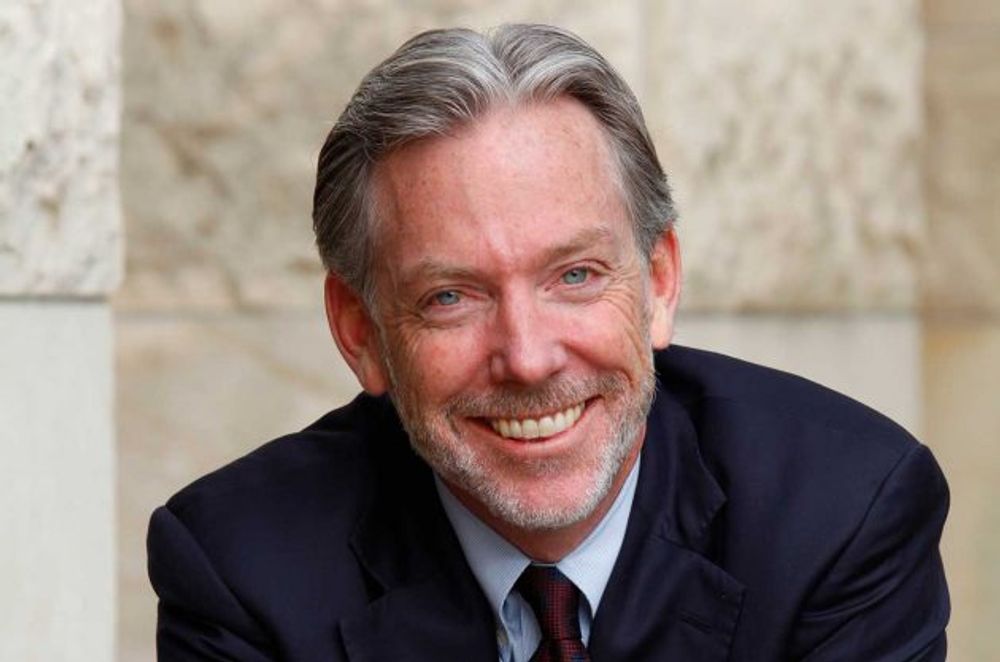
David Pearson: a leader in luxury retailing says Paul Mabray
- David Pearson – A leader in the luxury segment, David’s decades of experience with Opus One, Harlan, and Joseph Phelps for LVMH make him a thoughtful and influential figure.
- Justin Noland – A digital leader par excellence, Justin’s work at Treasury Wine Estates consistently sets the pace for online wine marketing.
- Cristina Mercuri – A rising star in the wine world, Cristina’s path to becoming Italy’s first female Master of Wine is distinguished by her use of technology to share wine education and elevate brands.
- Andrew Kamphuis – A true innovator, Andrew has advanced e-commerce and direct-to-consumer sales through his software, particularly in e-commerce and DTC management systems.
- David Round – Master of Wine David Round combines traditional expertise with modern thinking, notably in teaching computers to understand wine through artificial intelligence.
- Ray Isle and Lesley Sbrocco – Experts in selecting great wines under $20, making them widely accessible, Ray and Lesley excel at this challenging task.
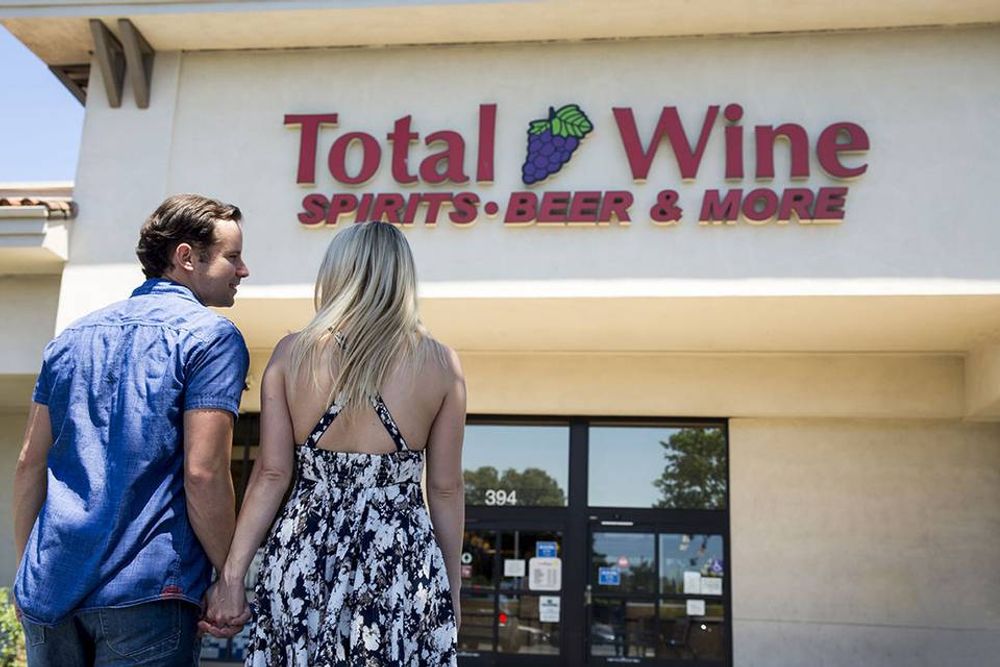
The wine industry would do well to examine the success story of Total Wine in the US says Paul Mabray
- Robert Trone – Love it or not, Total Wine’s impact on the alcohol beverage retail sector is undeniable. Robert and his brother built a wine sales powerhouse while genuinely concerned about the industry’s well-being.
- Jono Le Feuvre – A shining example of an influencer in the truest sense, Jono embodies knowledge, curiosity, kindness, and humor, making wine enjoyment accessible to all.
- Ntsiki Biyela – A champion of taste diversity, Ntsiki has unraveled cultural limitations in wine, enlightening the industry on embracing diverse backgrounds and cultures.
- Alder Yarrow – The trailblazer of wine blogging, Alder possesses a rare blend of skills as a writer, critic, influencer, and expert in the intersection of wine business and technology.
Also, almost every MW in the world and people who have dedicated their lives to understanding a particular wine, grape, or style. These are the experts that other experts unanimously chose for their knowledge of specific topics. Click here to see a list of experts I turn to.
Anything else to say?
Wine Future will feature a gathering of some of the world’s foremost thought leaders, innovators, and industry experts. Very few conferences effectively tackle the challenges within the wine business, and I’m thrilled that Wine Future has assembled one of the most influential groups of voices – all dedicated to making a better future for our industry.
- Paul Mabray will be hosting a session with Rob McMillan, EVP and wine division founder at Silicon Valley Bank, a division of First Citizens Bank, who will be presenting a keynote talk on “The current status of the wine industry” at Wine Future during a session at 9am on November 9.
Wine Future 2023 – Coimbra November 7-9
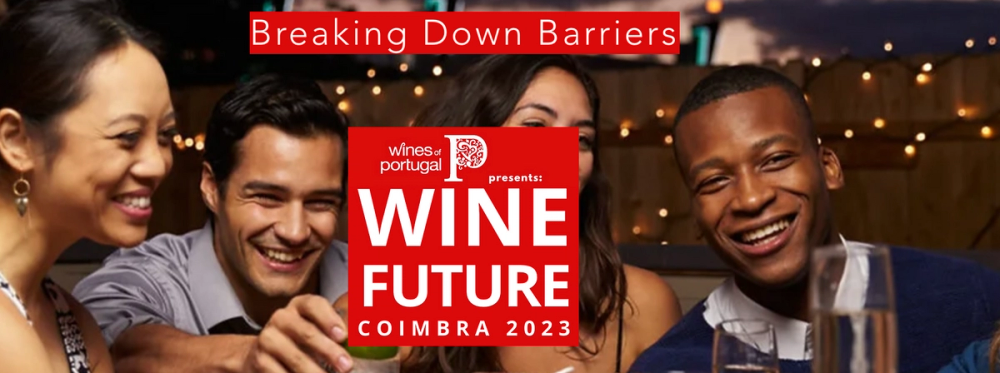
Wine Future 2023 promises to be the leading event in the world to tackle the biggest challenges facing the global wine industry and what steps its stakeholders need to be taking and focusing on to succeed in the future.
It is the fourth Wine Future event to take place following other editions first in Rioja in 2009, Hong Kong in 2011, Wine Future Virtual 2021 and Green Wine Future in 2022. Founder Pancho Campo claims the ambition and overall goal for Wine Future has not changed since 2009 when, in the middle of an economic crisis, it looked to assess its impact and offer solutions and inspiration to everyone involved in the global wine industry.
Close to 25 years later and the world is again facing huge financial difficulties, rampant inflation, a global climate emergency and a declining wine market in most major wine consuming countries. It is against that backdrop that Wine Future hopes to make a difference.

Key themes to be addressed at this November’s conference include:
- Engaging new consumers – particularly Generation Z and Millennials.
- The impact of global economic uncertainty, especially inflation.
- The opportunities of greater diversity, equity and inclusion in the wine industry.
- How we can reach new audiences and better engage with existing wine drinkers through celebrity endorsements, influencers, and working with major international music and sporting events.
- The use of digital marketing and social media to gain a new consumers.
- Using new technologies to improve sales.
- What can we learn from the competition from alternative beverages?
- The human impact of sustainability.
Final Conference Agenda:
- Keynote 1: “Educating the new generations on consuming alcohol with moderation and responsibly” – By Max Trejo and moderated by Siobhan Turner MW.
- Panel 1: “TikTok, Discord, and Paid Influencers – Reaching New Customers” – with Mariano Braga, Emma Bertrand, Georgia Panagopoulou, Simone Roveda, Luke Flunder and moderated by Cristina Mercuri.
- Panel 2: “Growing Sales in Uncertain Times – New Strategies and Trends” – with Ulf Sjodin MW, Rafael del Rey, Don St. Pierre, João Gomes Da Silva, and Moderated by Dr. Liz Thach MW.
- Keynote 2: “How should the wine industry work with celebrities and events?” with Paul Schaafsma, and doderated by Richard Siddle.
- Keynote 3: “From rockstar to businessman” with Bruce Dickinson, and moderated by Joe Roberts & Mike Wangbikler
- Panel 3: “Wine Tourism Evolution – From Cellar Door to Virtual Tours” – with Adrian Bridge, Catherine Leparmentier, Marisah Nieuwoudt, and Moderated by Dr. Michael Cheng
- Tasting 1: “Icon & Premium wines of Portugal” – By Dirceu Vianna Jr. MW and moderated by Frederico Falcao – with the participation of: Dirk Niepoort, Anselmo Mendes, Celso Pereira, Domingos Soares Franco, Joana Silva Lopes, Manuel Lobo Vasconcelos, Paulo Nunes and Diogo Moreira.
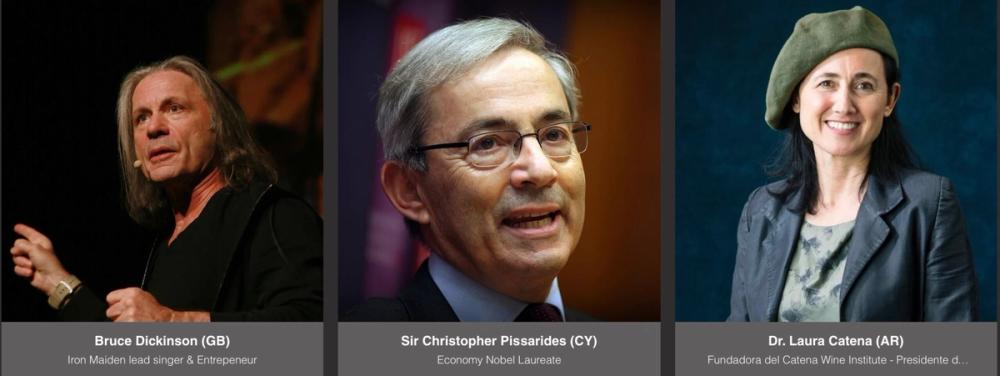
- Panel 4: “Getting to Your Core Story – How to Better Communicate About Your Brand” – with Alder Yarrow, Sonal Holland MW, Megan Greco, Natalie Wang, Ferrán Centelles, and moderated by: Mike Wangbickler.
- Panel 5: “The Competition is Winning – Learning from and Embracing Ideas from alternative drinks” – with Cristina Miranda, Lulie Halstead, Iram Eren, a Coffe Producer TBC, and moderated by Robert Joseph
- Keynote 4: “How and why wine could be the healthiest alcoholic beverage” – By Dr. Laura Catena, and moderated by: Cyril Penn
- Tasting 2: “The Magnificent 12” – Honoring the Ukrainian wine Industry – By Mark Squires and presented by: Maureen Downey.
- Panel 6: “Evolve or Die – Embracing Advanced Technologies to Thrive” – with Maureen Downey, Justin Noland, Ian Ford, Antonio Amorim, and moderated by: David Allen MW.
- Panel 7: “More Inclusive, Less Exclusive – Adopting Diversity, Equity, and Inclusion as an Opportunity” – with Mags Janjo, Queena Wong, Ntsiki Biyela, Bento Amaral, and moderated by: Stephen Wong MW.
- Tasting 3: “Historic & Legendary Madeira and Porto” – By Richard Mayson accompanied by some of the producers.
- Keynote 5: “The current status of the wine industry” – By Rob Mc Millan and moderated by Paul Mabray.
- Keynote 7: “The wine industry, world economy and work in the age of artificial intelligence” By Professor Christopher Pissarides and moderated by: Pancho Campo
